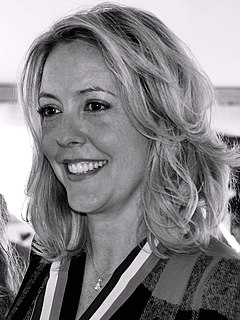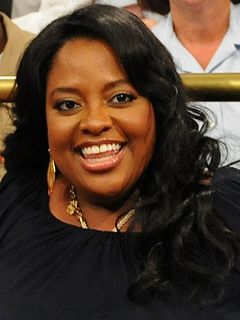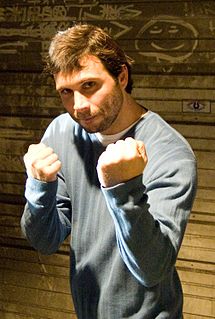A Quote by Mary Engelbreit
My mother always read to me as a child. I really believe that bonding time between a parent and child is so important and precious. I have lasting memories of those stories because the experience was special.
Related Quotes
Being a figurehead for those with family members in prison is somewhat new for me. Something I've discovered since my father's incarceration is that the prison system is broken. My first-hand experiences have taught me that reform needs to happen sooner than later. I'm most interested in mentoring children with parents in prison. When a parent is sentenced to a jail term, the child is sentenced to the same time to be spent without a mother or father. No child should suffer a stigma or lack support and guidance because of the sins of a parent.
Conscious parenting is a new paradign shift in the way we look at our roles as parents. It's turning the spot light away from fixing the child and managing the child, obsession with all things that have to do with the child and the child centric approach and really focusing on the evolution of the parent. It about fully understanding that unless the parent has raised themselves to a certain level of emotional integration and maturity, they will really not be able to do true service to the child's spirit.
You have to understand that I'm a child of the second generation, which means my mother was in Auschwitz, and the aunt of my mother was in Auschwitz with her; my grandmother and grandfather died there. So yes. All of those gestures they work for you, or for them, to fill their time or not feel their anxiety. But the child feels everything. It doesn't make the child secure. You put the child in a jail.
Time does not really exist for mothers, with regard to their children. It does not matter greatly how old the child is-in the blink of an eye, a mother can see the child again as they were when they were born, when they learned how to walk, as they were at any age-at any time, even when the child is fully grown or a parent themselves.
Compared to other parents, remarried parents seem more desirous of their child's approval, more alert to the child's emotional state, and more sensitive in their parent-child relations. Perhaps this is the result of heightened empathy for the child's suffering, perhaps it is a guilt reaction; in either case, it gives the child a potent weapon--the power to disrupt the new household and come between parent and the new spouse.
With demands for special education or standardized test prep being shouted in their ears, public schools can't always hear a parent when he says: 'I want my child to be able to write contracts in Spanish,' or, 'I want my child to shake hands firmly,' or, 'I want my child to study statistics and accounting, not calculus.
With demands for special education or standardized test prep being shouted in their ears, public schools can't always hear a parent when he says: 'I want my child to be able to write contracts in Spanish,' or, 'I want my child to shake hands firmly,' or, 'I want my child to study statistics and accounting, not calculus.'
A conscious parent is not one who seeks to fix her child or seek to produce or create the 'perfect' child. This is not about perfection. The conscious parent understands that is journey has been undertaken, this child has been called forth to 'raise the parent' itself. To show the parent where the parent has yet to grow. This is why we call our children into our lives.






































